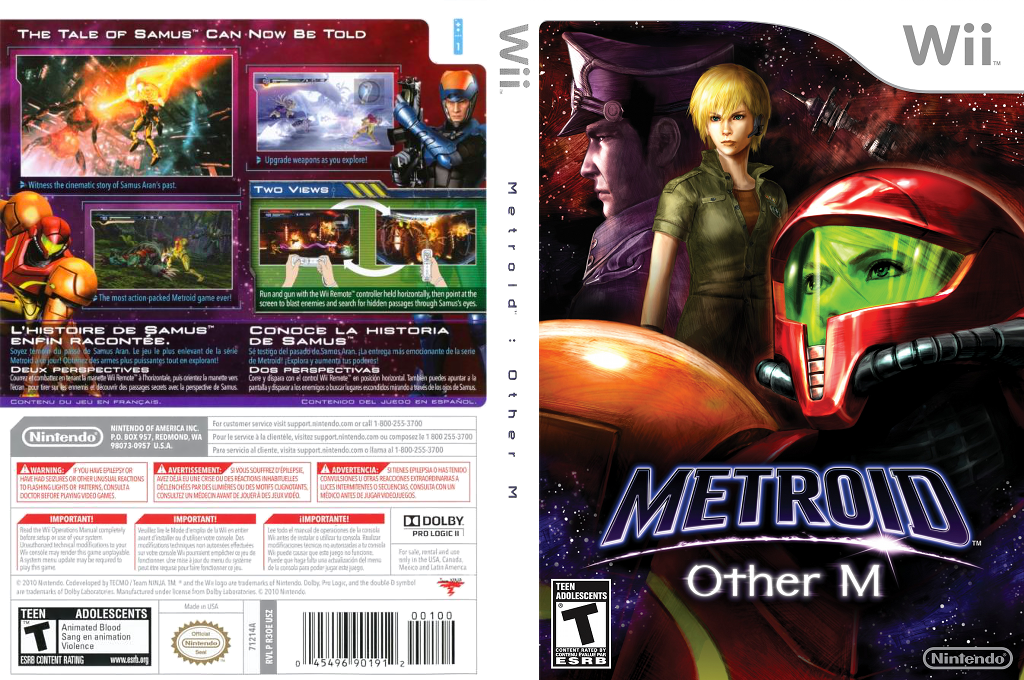

Let’s say that somewhere between Zero Mission (where Ridley does not actually die) and Super Metroid (where Ridley is definitely dead in order for the canon to make sense) Samus finally was able to confront her fears of Ridley. Seriously, Ridley, how many times do we have to kill you before you stay dead?! I know for a fact that I’ve set off several other fan bases in saying that, but the truth of the matter is that Nintendo has used both The Legend of Zelda and Metroid to benchmark or push the limits of their consoles. Both games have similarly been used to test new ideas, whether it would be the very first open-world Nintendo title ( Zelda Wii U) or their first FPS game ( Metroid Prime). Instead, Metroid has always been about trying something new or pushing hardware to the limits, much like its fantasy counterpart The Legend of Zelda. Metroid has never been the best the genre because it is not trying to be the best. I know for a fact that I set the fuse on several die-hard fans at least by saying that, but it is the truth. It has also made me realize something very interesting: Metroid games have never set the standard for adventure or exploration games. By playing the Metroid series from its origins to present day has really made me appreciate both how much the game has grown since 1986. I must say, this process has been both amusing and sometimes grueling as many Metroid titles have been fun, while others have been downright painful. After 11 Days of Rewind Reviews, we have finally reached the final game in Nintendo’s Metroid series.


 0 kommentar(er)
0 kommentar(er)
